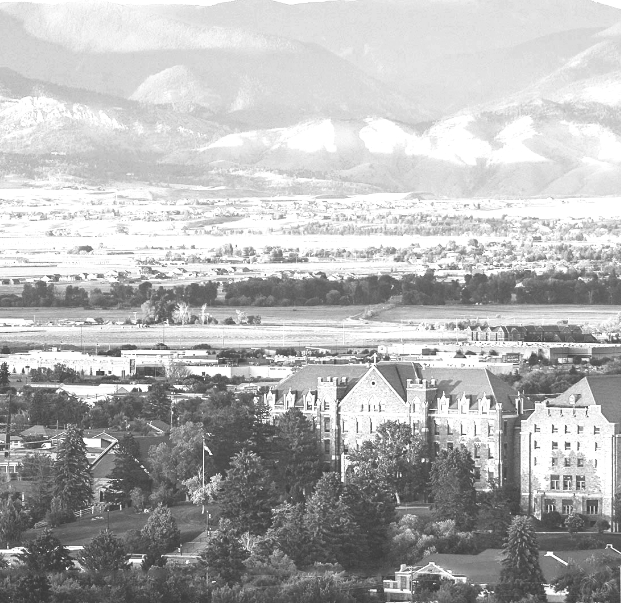Pre-Veterinary Pathway, taken in conjunction with a major area of study at Carroll College, has a strong reputation for preparing students for entry into graduate school and successful careers in veterinary medicine. Graduates of Carroll College who have completed our Pre-Veterinary Pathway are often accepted into some of the finest graduate programs in the region — and the country.

Pre-Veterinary Medicine
Details
The Pre-Veterinary Pathway at Carroll College was created with compassion for animals and the people that care for them in mind. If you’ve always wanted to learn more about science and medicine, and open each day with a challenge, this pathway will be fulfilling for you.
- Pre-Professional

About the Program
Much of the work involved with preparation for Veterinary School, lies at the intersection of animal and human health. Veterinarians play a crucial role in keeping cattle, poultry, and other food animals healthy and preventing contaminated food. Our specialized faculty members work with you every step of the way as you earn your undergraduate degree and help prepare you for a 4-year veterinary school.
Courses and Student Learning Objectives
The pre-vet pathway at Carroll College includes many of the most common courses required for admission into graduate programs in Veterinary Medicine. At Carroll College, students choose at least one major area of study, which they complete while also following the pre-vet pathway. Common majors include biology, chemistry, anthrozoology, calculus, statistics, and the humanities. If you’re interested in the pre-vet pathway at Carroll College you can major in any area that interests you, while also making sure you get the required coursework for entry into graduate school.
The pre-vet pathway requires a core of science courses that are often required for admission.
- 2-semesters Intro Biology
- 1-semester Biochemistry
- 2-semesters Gen Chemistry
- 1-semester Genetics
- 2-semesters Org Chemistry
- Calculus (pre-req for physics)
- 1-semester Physics
- 1-semester Statistics
- English composition, communications, and other courses outside of the sciences
- Additional Biology courses may be required or recommended
If you’re interested in learning more, check the individual veterinary school websites for specific information on admission requirements.
Being a veterinarian is one of the most popular and rewarding careers for those who love animals and working with the people who love them as well, as vets are also a crucial part of improving the welfare of communities. Veterinarians are often highly successful in their careers and love what they do. The most important part about becoming a veterinarian is knowing it’s something you’re passionate about.
So many options are out there. Veterinarians work in a variety of environments, including wildlife sanctuaries, zoos, and private clinics. As you choose to specialize in a certain area after you graduate with a pre-vet major, there are many career opportunities for you:
- Veterinarian
- Zoologist
- Animal Nutrition Specialist
- Laboratory Animal Technician
- Food Technologist
We are happy to answer any questions you may have! Request information or call us at (406) 447-4384.
You can also contact Dr. Brandon Sheafor with questions about Carroll's Pre-Vet program.
